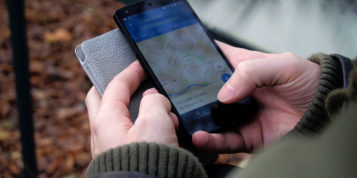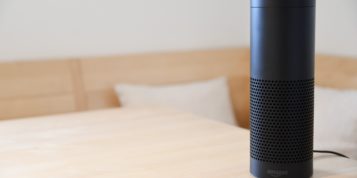When Google announced earlier this month that its virtual assistant technology, Google Assistant, would start working with its Nest Secure alarm and home security system, many users were outraged because they never knew the device had a microphone in the first place. Yesterday, a Google representative admitted that the firm made an “error”.
Speaking to Business Insider, the rep said: “The on-device microphone was never intended to be a secret and should have been listed in the tech specs. That was an error on our part.”
Nest Guard is made up of the alarm, motion sensor component and keypad of Nest Secure, but there was no mention of it having a microphone in any of the product materials. This has raised concerns among those who are already unhappy with the way Google and other tech firms handle personal data. The company has since updated the product page to include a mention of the microphone.
According to Google, the microphone within the device has never been turned on and can only be activated once users enable the option. They also say that the microphone was originally included in the product with the idea of adding security features to the device in future, such as the ability to detect broken glass.
Google acquired Nest for $3.2 billion in 2014. Originally known for its smart thermostat, it now offers a variety of Internet of Things devices, such as video doorbells, security cameras, and smoke detectors. With the addition of Google Assistant, Nest Secure can be used for actions like asking about the weather.
Consumers growing increasingly concerned about privacy
In addition to concerns about Google’s handling of personal data, there is also the possibility that a third party could hack the microphones and spy on consumers. Many people avoid products with microphones due to privacy concerns, so some are feeling very deceived by the revelation that a microphone has been hidden in their home without their knowledge.
Google was hit with a $57 million fine this year in France over its fuzzy data consent policies.
Meanwhile, Amazon’s assistant, Alexa, has been at the centre of several security lapses. Researchers uncovered a way to turn it into a device to spy on people, and even Amazon itself used it to accidentally send hundreds of voice recordings of one user to someone else.





